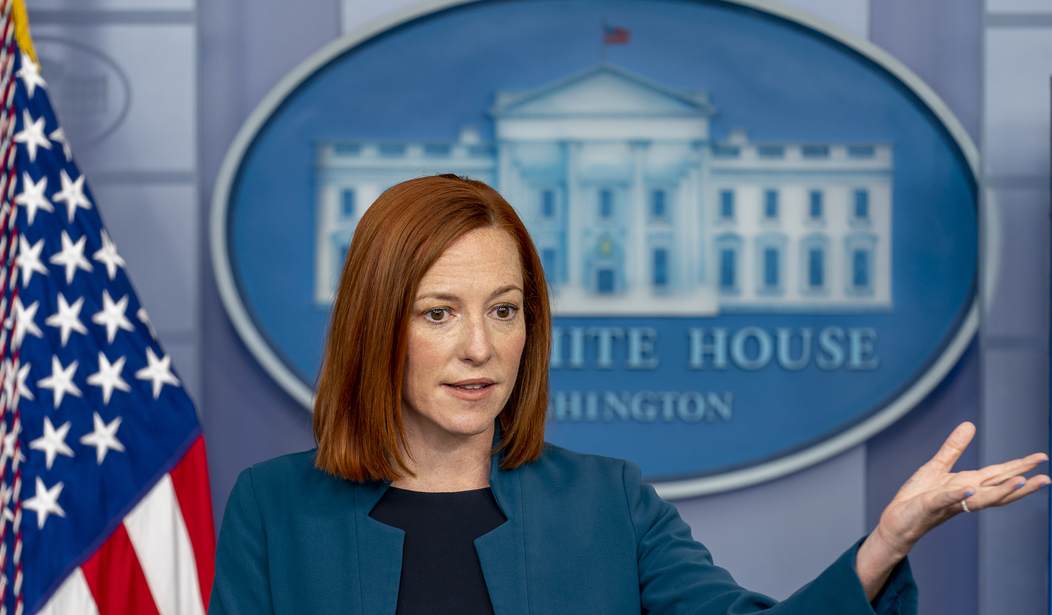Speaking to reporters at the White House Tuesday afternoon, Press Secretary Jen Psaki was asked about why the Biden administration was caught unprepared to handle the current supply chain crunch, especially given experts and business leaders have been warning about it for months.
In response, Psaki made jokes about items not getting delivered in a timely fashion.
.@PressSec makes light of supply chain issues, laughing about "the tragedy of the treadmill that's delayed." pic.twitter.com/bQdKyCRskb
— Townhall.com (@townhallcom) October 19, 2021
According to the Centers for Disease Control, the vast majority of Americans who were hospitalized or died from Wuhan coronavirus were overweight or obese.
An overwhelming majority of people who have been hospitalized, needed a ventilator or died from Covid-19 have been overweight or obese, the CDC said in a new study Monday.
Among 148,494 adults who received a Covid-19 diagnosis during an emergency department or inpatient visit at 238 U.S. hospitals from March to December, 71,491 were hospitalized. Of those who were admitted, 27.8% were overweight and 50.2% were obese, according to the CDC report. Overweight is defined as having a body mass index of 25 or more, while obesity is defined as having a BMI of 30 or more.
The agency found the risk for hospitalizations, ICU admissions and deaths was lowest among individuals with BMIs under 25. The risk of severe illness “sharply increased,” however, as BMIs rose, particularly among people 65 and older, the agency said.
Just over 42% of the U.S. population was considered obese in 2018, according to the agency’s most recent statistics.
Recommended
But it isn't just treadmills that aren't getting delivered. Americans are seeing food shortages, school cafeterias are running low and grocery store shelves are empty.
A grocery store owner in Chicago says she has "never seen anything like this," with bare shelves, false stocking, and higher prices. pic.twitter.com/c7ad0iDWVx
— RNC Research (@RNCResearch) October 18, 2021
This kind of pious posturing by Psaki - who is increasingly acting this way as Biden’s numbers fall — is not helping matters. The supply chain crisis is very real & will impact the low/middle class The most. But like Klain and inflation, Psaki makes it about an issue for the rich https://t.co/7iFRyg3NKy
— Joe Concha (@JoeConchaTV) October 19, 2021
People can’t buy milk and gas costs double but Psaki just thinks it’s “delayed treadmills”.
— Comfortably Smug (@ComfortablySmug) October 19, 2021
I’ve said it before, but the DC and costal elites absolutely hate you. https://t.co/XvX4f4oi5L

























Join the conversation as a VIP Member